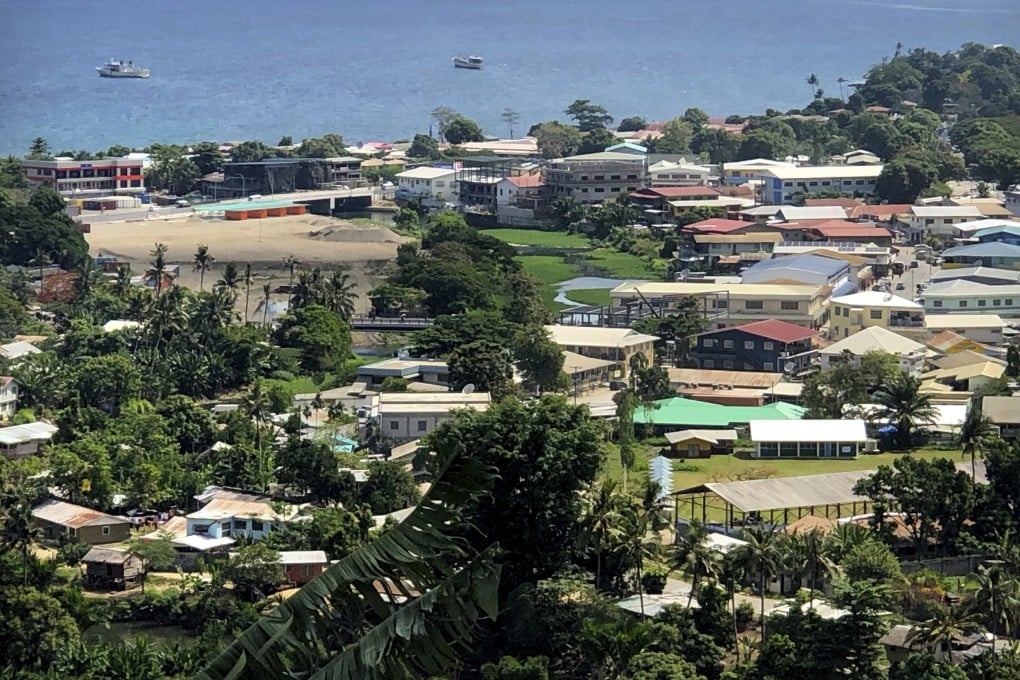Advertisement
Biden boosts Pacific climate aid, but region remains ‘cautious’ over defence outreach amid US-China rivalry
- Washington’s plan to deepen diplomatic engagement comes as concerns grow about China’s expanding influence in the Pacific
- One analyst believes Pacific Island nations are likely to continue to leverage ties with both the US and China to push for action on climate change
Reading Time:4 minutes
Why you can trust SCMP
2

The US strategy to strengthen ties with Pacific nations is expected to go some way in helping the region tackle its challenges even as the support may appear modest compared to China’s, analysts said, but any efforts to undertake defence cooperation would be less welcomed.
Last month, after hosting a summit with leaders of the region, the United States released its first strategy for ties with Pacific nations, pledging to help them fight climate change and rebuff what it called China’s “economic coercion”.
The summit marked the first time Washington hosted leaders of a region it had considered its maritime backyard since World War II, but is now a place where China has made steady advances.
Apart from investing US$810 million in expanded programmes to aid the islands, and in addition to the US$1.5 billion provided in the past decade, Washington also pledged to deepen economic engagement and maritime security and expand educational opportunities.
Advertisement
In remarks made then, US President Joe Biden said security of America depended on the security of the Pacific nations, adding that new US help was aimed at ensuring “an Indo-Pacific region that’s free and open, one that is stable and prosperous, and resilient and secure”.
Washington’s plan to deepen diplomatic engagement comes as concerns grow about China’s expanding influence in the Pacific.
Brian Harding, a senior Asia expert at the United States Institute of Peace noted that relatively small investments had the potential to make large impacts given the small populations and economies of most Pacific nations.
Advertisement
Select Voice
Choose your listening speed
Get through articles 2x faster
1.25x
250 WPM
Slow
Average
Fast
1.25x
